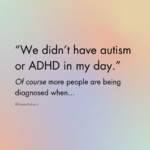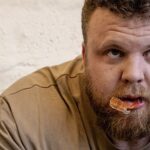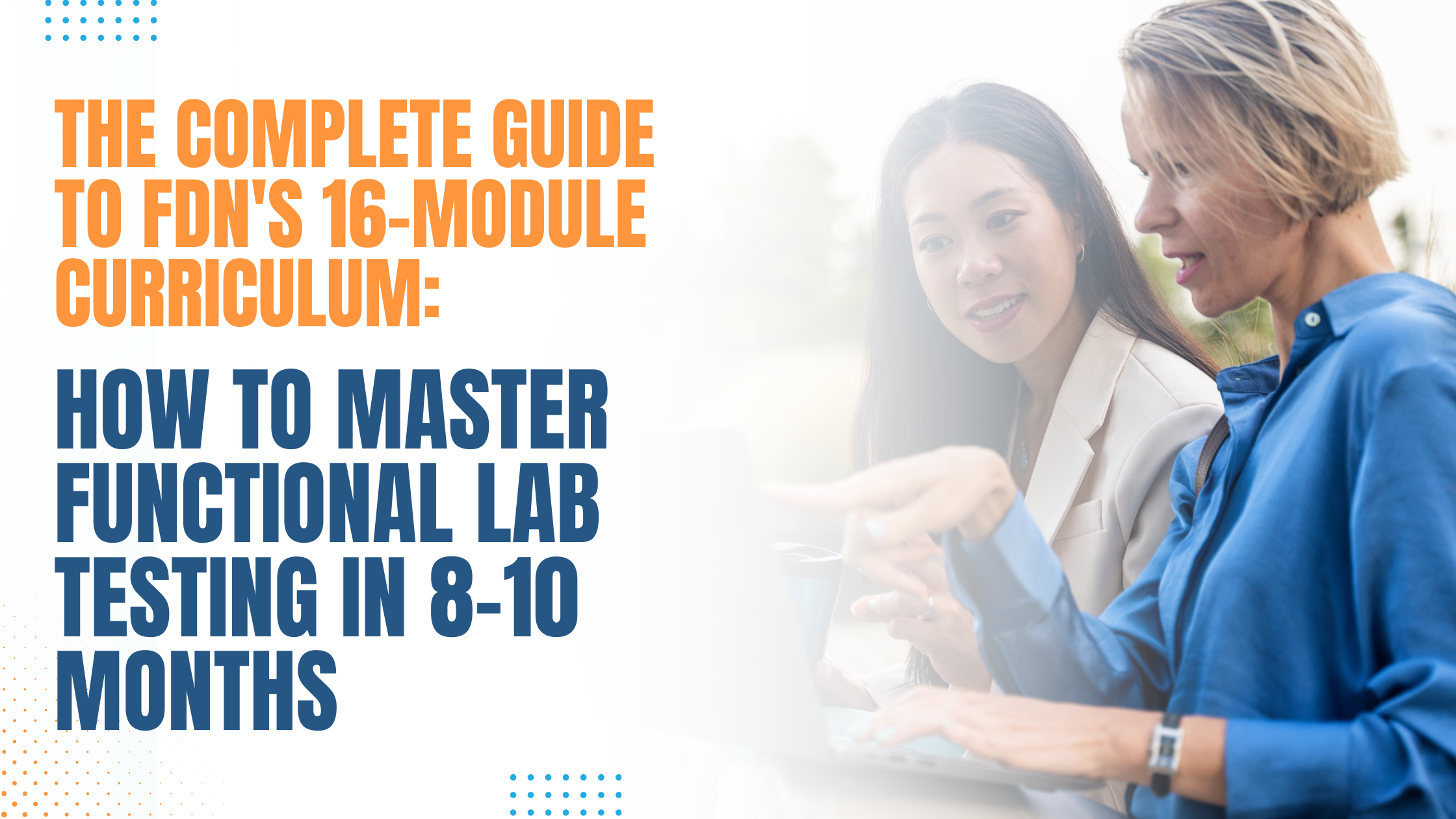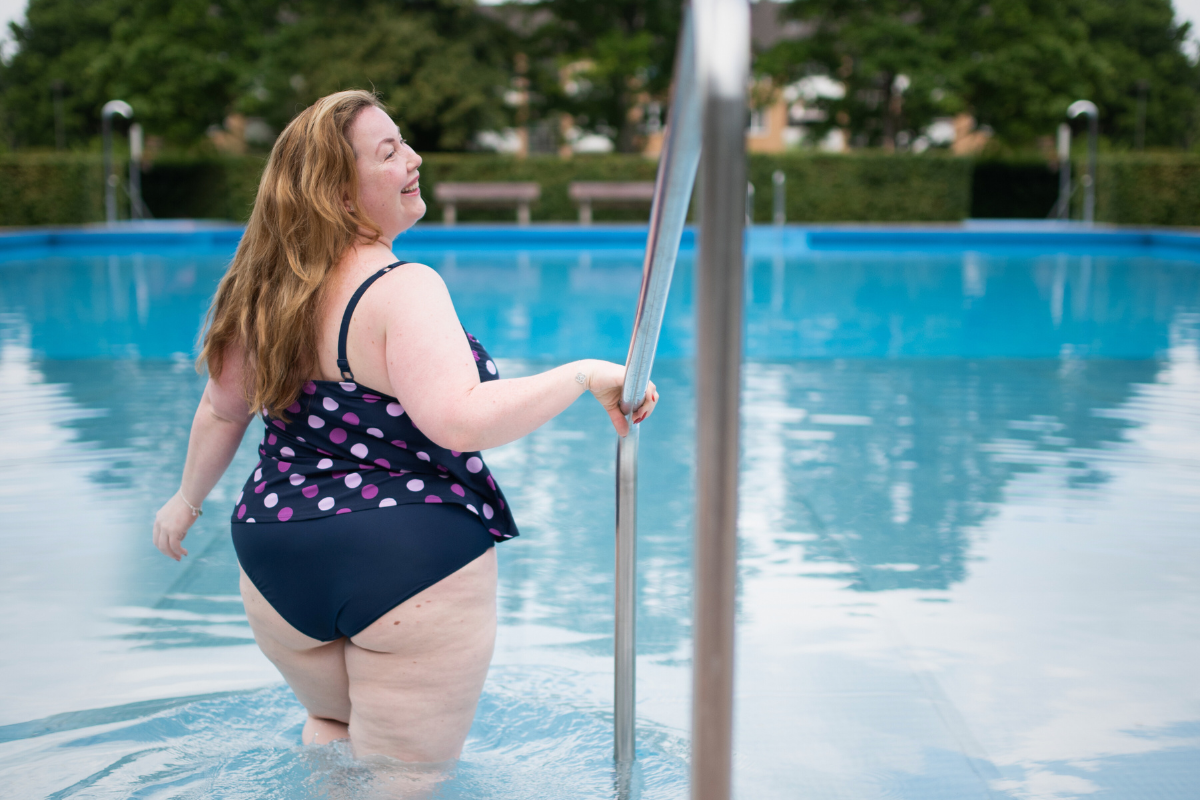Learn what it takes 10 years to develop through hands-on experience in just 8-10 months of structured training.
Are you a health coach or practitioner feeling stuck in the guesswork game? Tired of giving generic advice that works for some clients but leaves others frustrated and unchanged? You’re not alone. The gap between basic health coaching and advanced functional health practice is massive, and it’s exactly what’s keeping you from the consistent, transformative results your clients desperately need.
The difference between practitioners who struggle and those who thrive isn’t talent or luck. It’s data. Specifically, it’s knowing how to access, interpret, and apply functional lab testing to create personalized protocols that actually work.
Reed Davis, founder of Functional Diagnostic Nutrition (FDN), developed a comprehensive 16-module curriculum that transforms health coaches, allied practitioners, nurses, medical professionals and more into confident functional health practitioners. In this guide, we’ll take you behind the scenes of this industry-leading program to show you exactly how FDN trains practitioners to get reliable results for every client.
Why Traditional Health Training Falls Short
Whether you’re a health coach, nurse, chiropractor, or other wellness professional, you’ve likely experienced the same frustration. Your training taught you valuable theory and general principles about nutrition, exercise, and stress management. But when a patient or client shows up with complex symptoms like chronic fatigue, digestive issues, hormonal imbalances, or autoimmune conditions, you’re often left making educated guesses.
Nurses know this all too well. You see patients with multiple medications managing symptoms, but the underlying dysfunction remains unaddressed. Chiropractors excel at structural work but may struggle with the biochemical imbalances affecting their patients’ recovery. Health coaches want to help but lack the diagnostic tools to identify what’s really wrong.
As Reed Davis explains “You could just sell them some supplements if you want. It’s not gonna work. Or you could give them some drugs. That’s not gonna work. People are sick of that. They don’t want that. They want you to explain the test results in a way that’s meaningful.”
Instead of treating symptoms or following cookie-cutter protocols, functional lab testing allows you to discover the underlying causes and conditions creating your client’s health problems, regardless of your professional background.

The FDN Philosophy: Test, Don’t Guess
Before diving into the curriculum structure, it’s crucial to understand FDN’s core philosophy. Unlike the traditional diagnosis and treatment model that identifies symptoms and treats them, FDN focuses on discovering what’s really wrong at the cellular level.
The FDN approach is built on three fundamental principles:
- The body is designed perfectly – Every cell knows its job genetically
- Test results aren’t the problem – They’re the result of upstream dysfunction
- Clinical correlation is everything – Lab numbers mean nothing without context
This philosophy drives every aspect of the 16-module curriculum, ensuring you learn not just what to test, but how to think like an advanced functional practitioner.

Breaking Down the 16-Module FDN Curriculum
Phase 1: Foundation and Philosophy (Module 1)
The journey begins with FDN’s model and philosophy – how functional practitioners think differently about health and healing. This isn’t just theory; it’s a complete paradigm shift from symptom management to root cause resolution.
You’ll learn the concept of “metabolic chaos”: how multiple systems in the body become dysregulated and create the perfect storm for chronic health issues. This foundational understanding sets the stage for everything that follows.
Phase 2: Mastering Functional Lab Testing (Modules 2-7)
The next six modules form the heart of FDN’s unique approach: comprehensive functional lab training. This is where FDN distinguishes itself from every other health coaching program on the market.
Modules 2-3: Stress and Hormones (Parts 1 & 2) You’ll master the anatomy, physiology, and biochemistry of the stress response system. This includes learning to interpret advanced hormone testing that reveals patterns invisible to standard blood work.
Module 4: Metabolic Health Through a single urine test, you’ll learn to assess oxidative stress, liver function, detoxification capacity, and digestion. This module demonstrates FDN’s efficiency: maximum data from minimal testing.
Module 5: Digestive Health Digestive dysfunction underlies most chronic health conditions. You’ll learn to identify gut infections, microbiome imbalances, and intestinal permeability that conventional medicine often misses.
Module 6: Antigens and Pathogens Microbiome analysis becomes second nature as you learn to read complex stool tests and identify bacterial, parasitic, and fungal overgrowths affecting your clients’ health.
Module 7: Food Sensitivities Every person has food sensitivities, and removing inflammatory foods often provides the biggest breakthrough in a client’s healing journey.
This phase follows FDN’s H.I.D.D.E.N. methodology:
- Hormones
- Immune system
- Digestion
- Detoxification
- Energy production
- Nervous system
Phase 3: Protocol Development (Modules 8-13)
Once you understand what’s wrong, you need to know how to fix it. The next six modules focus on FDN’s proven D.R.E.S.S. protocol system:
Module 8: Metabolic Typing Diet ™ Learn to determine each client’s genetic dietary requirements. Why does Keto work for some people but make others feel worse? Metabolic typing provides the answer.
Module 9: Diet Protocols Beyond metabolic typing, you’ll learn advanced dietary strategies based on lab findings and clinical correlation.
Modules 10-13: Rest, Exercise, Stress Reduction, and Supplementation Each component of the D.R.E.S.S. system gets dedicated attention. The supplementation module is particularly powerful, teaching you to create targeted supplement protocols using the “Four S’s”:
- Substitution for what’s missing from food
- Stimulation of specific organs or systems
- Support for weak or compromised systems
- Self-treatment for identified pathogens and imbalances
Phase 4: Practical Application (Modules 14-16)
The final phase transforms knowledge into practical skills through hands-on experience.
Your Own Lab Work As part of your tuition, you’ll run all five core FDN labs on yourself. This provides invaluable first-hand experience while improving your own health. As Reed notes: “I’ve yet to have a perfectly healthy person join the FDN course. Actually, in 27 years in the health business, I’ve never met a perfectly healthy person.”
Mentorship Sessions You’ll work with experienced FDN practitioners to review your lab results, learning the clinical correlation process from both the client and practitioner perspective.
Role Reversal Training Practice makes perfect. You’ll reverse roles with your mentor, taking on mock client cases to build confidence before working with real clients.Client Onboarding Mastery Perhaps most importantly, you’ll learn Reed’s proven client onboarding system: eight key questions that help you determine if you can help a potential client and if they’re ready for the work required.
The Secret Sauce: Clinical Correlation
What separates FDN from other functional health training programs is the emphasis on clinical correlation. As Reed explains: “If someone hands me a piece of paper with some numbers on it and says, what do you think? The FDN philosophy says: Well, who is this person? Because I can interpret that test differently depending on who this person is.”
This skill (connecting lab data to real people with real symptoms) is developed throughout the entire curriculum. It’s not enough to know what the numbers mean; you must understand how they explain why your client feels the way they do.

Beyond the Curriculum: Comprehensive Support System
The 16 modules are just the beginning. FDN provides an extensive support system that includes:
- Weekly live sessions with FDN founder Reed Davis
- Bi-weekly deep-dive calls for technical questions
- Active Facebook community for peer support and networking
- Email support from experienced staff
- Study groups formed by students worldwide
This community aspect addresses one of the biggest challenges in online education: feeling isolated and unsupported.

How FDN Graduates Access Functional Labs
One of the biggest barriers for unlicensed practitioners is accessing functional lab tests. FDN solves this through their Medical Director Program (MDP), giving graduates access to 70+ functional lab tests without requiring a medical license.
This isn’t just about convenience. It’s about building a sustainable, profitable practice. As Reed emphasizes, “When they go through the FDN curriculum, they’re prepared when they come out to start getting their money back right away. They get a return on their investment from their first customer.”

Why You Must Earn Your Certification
FDN maintains high standards through rigorous testing and evaluation. As Reed states: “You can buy the course, but you can’t buy the certificate. You earn that.”
The assessment process includes:
- Module quizzes throughout the program
- Comprehensive written examination (open book)
- Practical exercises with mentor feedback
- Oral examination demonstrating clinical skills
- Post-graduation interview for continuous improvement
This ensures every FDN practitioner meets professional standards and can deliver the results clients expect.

Real-World Application: Building a Referral-Based Practice
The ultimate goal isn’t just learning. It’s building a thriving practice. FDN’s curriculum prepares you for real-world success by teaching:
- Client onboarding strategies that attract ideal clients
- Professional communication skills for complex health discussions
- Business development within healthcare settings
- Ethical practice standards for unlicensed practitioners
Many FDN graduates build referral-based practices where satisfied clients become their best marketing tool. This happens naturally when you consistently deliver transformative results.

The Investment: Value Beyond Dollars
At approximately $12,000, the FDN program represents significant value compared to traditional degree programs. As Reed points out: “You could compare that to a two-year degree or even three-year degrees that didn’t even cover what we cover, and those run anywhere from $25,000 to $65,000+”
More importantly, you’re not just buying education. You’re investing in a complete business model. FDN graduates typically start earning returns from their first client, working from home without expensive equipment or overhead.

Is FDN Right for You?
The FDN curriculum isn’t for everyone. It requires dedication, study time, and commitment to learning. The only prerequisite, according to Reed, is that “you have to want to learn.”
This program is ideal if you:
- Want to move beyond guesswork in health coaching
- Seek consistent, predictable client results
- Desire access to advanced functional testing
- Are ready to build a profitable health practice
- Believe in addressing upstream causes, not just symptoms
Your Next Steps
The FDN curriculum represents a complete transformation from basic health coaching to advanced functional practice. In 8-10 months, you can master what typically takes years of trial and error to develop independently.
But knowledge without action is worthless. If you’re ready to join the ranks of practitioners who get consistent results and build thriving practices, the next step is exploring whether FDN aligns with your professional goals.
Ready to learn more? Connect with an FDN team member for a discovery call where you can discuss your specific situation and learn more about the curriculum structure, support system, and career opportunities available to graduates.
Want to see FDN in action? Attend one of the free workshops where you’ll experience their teaching style and get a taste of functional lab interpretation in practice.
The health coaching field is evolving rapidly. Clients are becoming more educated and demanding better results. Generic advice and cookie-cutter protocols won’t cut it anymore. The practitioners who thrive in this new landscape will be those who can provide data-driven, personalized solutions.
The question isn’t whether functional lab testing will become standard in health coaching. It’s whether you’ll be ready when it does.
Ready to transform your practice with functional lab testing? Connect with an FDN program advisor to learn more about the 16-module curriculum and how it can accelerate your journey from health coach to functional practitioner.








